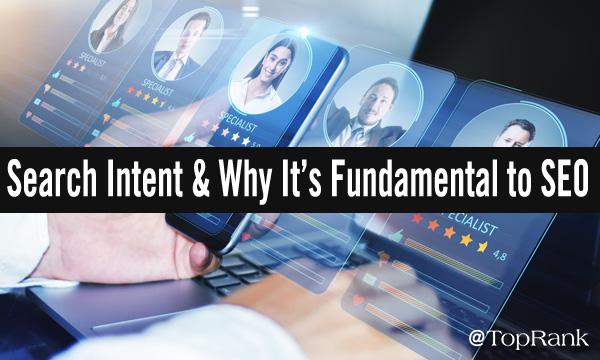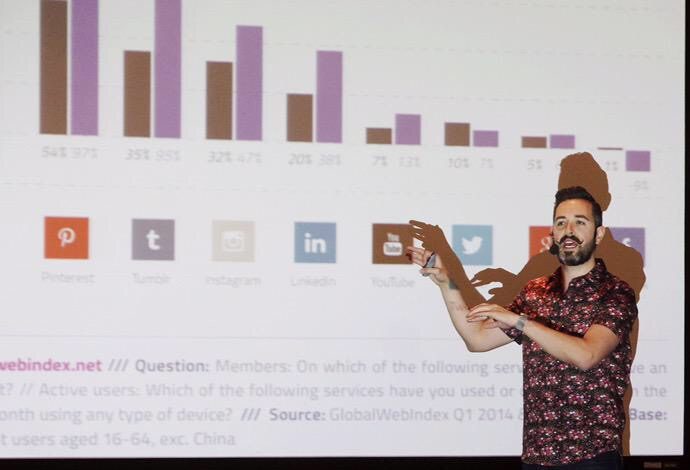What is Search Intent and Why Is It Fundamental to SEO?
By Nick Nelson
When you googled “what is search intent,” you had the informational intention to seek out an answer to your question and learn more about a topic you’ve been hearing about.
As you can see, we understood that intent and wrote this blog post to answer your question. In other words: you’ve clearly come to the right place!
Search intent isn’t a “new” concept in SEO, but it is a surprisingly overlooked concept, especially in B2B. This is a problem for a couple reasons:
First and foremost, there’s the scary reason. As SEO becomes more and more competitive and third-party cookies go the way of the dinosaur, B2B businesses really have their work cut out for them if they want to stand out. Just targeting high-volume keywords isn’t going to cut it anymore; we’ll need to reach the right audience with the right message using the right keywords.
Which brings us to a less scary, more exciting reason why it’s so great that you’re looking up search intent right now: because it’s a huge opportunity. Marketing with intent is the way for today’s marketers to stand out in an increasingly crowded marketplace and reach their audience more effectively than ever.
Let’s talk about why:
What is Search Intent?
Simply put, search intent is the reason why a user types a query into a search engine. Yoast breaks search intent down into four broad categories:
- Informational: The user is looking for information, such as the answer to a question. If you found this blog by googling “what is search intent?” or even just “search intent” with the hope of learning more about this topic, then your intent was informational.
- Navigational: The user is trying to navigate to a particular website. If you searched “TopRank” or “TopRank Marketing” with the intention of finding our website (thank you!), then your intent was navigational. Or if you ever type “Twitter” into Google rather than typing out Twitter’s URL, Google will understand you’re probably trying to navigate to Twitter and provide that website at the top of your search engine results page (SERP), rather than, say, the Wikipedia page for Twitter.
- Transactional: When the user has transactional intent, they’re trying to buy something on the internet immediately. This often means they’ll type in the exact brand or product name of what they want to buy, or attach “for sale” or “buy online” directly into the search query.
- Commercial: Commercial intent occurs when the user may be interested in buying a product or service, but they want to know more about it first. “Commercial” intent is primarily for buying research.
If you googled “search intent marketing agency” with the intention of finding an agency to do search intent marketing for your organization, for instance, your intent would be commercial (and we’re excited to help!).
[bctt tweet=”“Marketing with intent is the way for …read moreSource:: Top Rank Blog


























